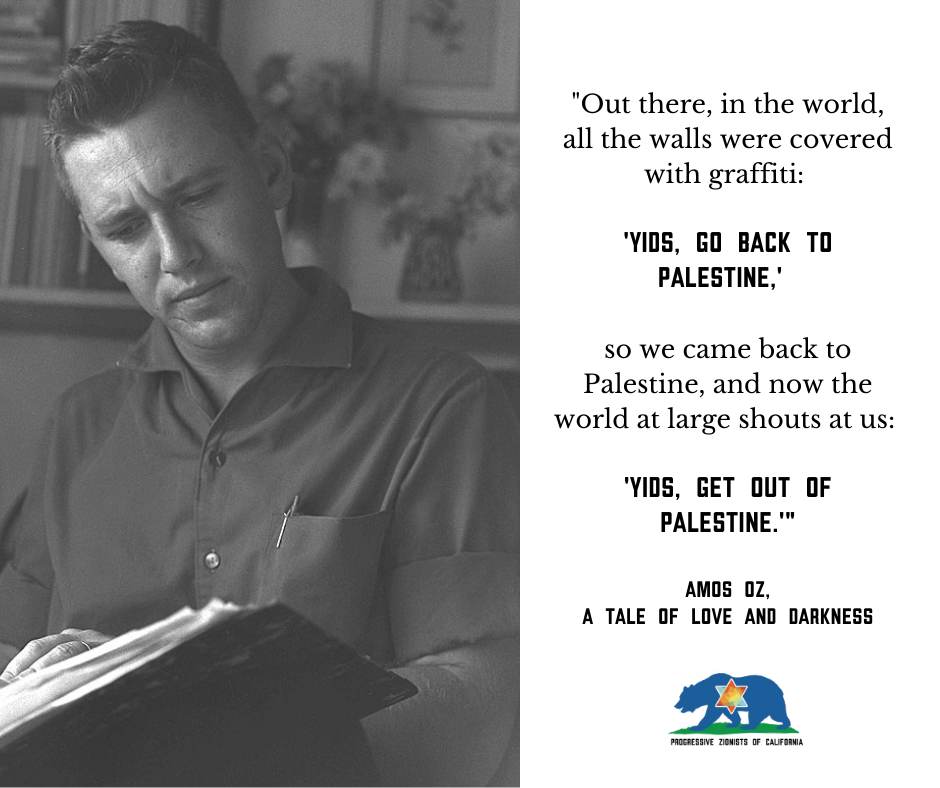
There are competing definitions of apartheid within the international community.
- In fact, there is no universally accepted definition of apartheid, though South Africa appears to be the consensus model of the system.
- Most proponents of the designation of Israel as an apartheid state also reject a two-state solution, or any solution wherein Jews would be able to meaningfully practice self determination.
This smear has roots in machinations at the United Nations.
- In 1964, in a meeting of the UN Sub-Commission on the Prevention of Discrimination and the Protection of Minorities, the apartheid smear of Israel was born. The United States proposed an amendment to recognize antisemitism as a form of racism, along with apartheid and Nazism[1].
- The USSR, wishing for the subject to be dropped, warned they would submit their own amendment condemning Zionism and Nazism. In a 1965 UN Sub-Commission on the Prevention of Discrimination and the Protection of Minorities meeting, the US and Brazil submitted the antisemitism amendment. The USSR in turn submitted this amendment, which in part condemns: “antisemitism, Zionism, Nazism, neo-Nazism, and all forms of the policy and ideology of colonialism, national and race-hatred, and exclusiveness and shall take action as appropriate for the speedy eradication of those misanthropic ideas and practices in the territories subject to their jurisdiction.[2]”
- Though the amendment was dropped, it set the stage for later rhetoric, linking Zionism to apartheid and Nazism, as well as preventing antisemitism from being named a form of racism.
This designation misunderstands the heart of the conflict: a competition of nationalisms, not of race.
- This is not a racial conflict, but a national conflict. Israelis and Palestinians are fighting for their national identities and nationalisms, not over racial control of another group.
- The element of control is based on who will control the land, not who will control racial groups or peoples. It’s not who specifically is on the land, but rather that anyone is competing for the land in the first place that is the crux of the conflict.
- Claiming Israel was apartheid from its inception deliberately misunderstands Israel.
These new designations ignore Israel’s legitimate existential and security concerns.
- Israel continues to face genocidal calls of war from regional threats in Iran and its proxies, notably Hezbollah in Lebanon, as well as Hamas on Israel’s southern border.
- It also allows the Palestinians to elide any and all responsibility for the terrorism, belligerence, and rejectionism their national movement has produced.
- This framing can serve as implicit terror apologia. If resistance, armed or not, is to reject a system based on race, then Israeli deaths and injuries are merely collateral and therefore, acceptable.
It is unclear how this designation will compel Israelis to act differently regarding Palestinians.
- There are numerous human rights abuses committed daily by Israelis and Palestinians. Such hostile rhetoric does nothing to compel Israel to end its military occupation of the West Bank, and increasingly leads to more destructive rhetorical devices.
- To be clear, the status quo is immoral and damaging to Israel and Palestinians. Labeling the situation apartheid misunderstands the root of the conflict, and therefore obscures solutions to ending it in a manner that supports the rights and dignity of Palestinians and Israelis.
- Using deliberately obtuse and inflammatory language disincentivizes Israelis and American Jews from meaningfully engaging with the numerous problems the conflict presents. Instead of making it easier to find places to come together to find an acceptable solution to the conflict, this framing only makes it harder to have the conversation at all.
Sources:
https://www.hartman.org.il/responding-to-amnestys-apartheid-report/
https://www.adl.org/resources/glossary-terms/allegation-israel-is-an-apartheid-state
https://www.progressiveisrael.org/amnesty-international-report/
https://ameinu.net/press-release/amnestyreport
https://www.ccarnet.org/reform-movement-strongly-condemns-amnesty-international-report/
https://www.timesofisrael.com/amnestys-israel-chief-criticizes-groups-report-accusing-israel-of-apartheid/
Definitions
https://www.icc-cpi.int/resource-library/documents/rs-eng.pdf
https://www.ohchr.org/en/professionalinterest/pages/cerd.aspx
https://www.icj-cij.org/en/case/53
https://treaties.un.org/doc/publication/unts/volume%201015/volume-1015-i-14861-english.pdf
https://digitallibrary.un.org/record/71588?ln=en
Citations:
1] Fishman, J. (2011). “A Disaster of Another Kind”: Zionism=Racism, Its Beginning, and the War of Delegitimization against Israel. Israel Journal of Foreign Affairs, 5(3), 75–92.
[2] Fishman, J. (2011). “A Disaster of Another Kind”: Zionism=Racism, Its Beginning, and the War of Delegitimization against Israel. Israel Journal of Foreign Affairs, 5(3), 75–92.
